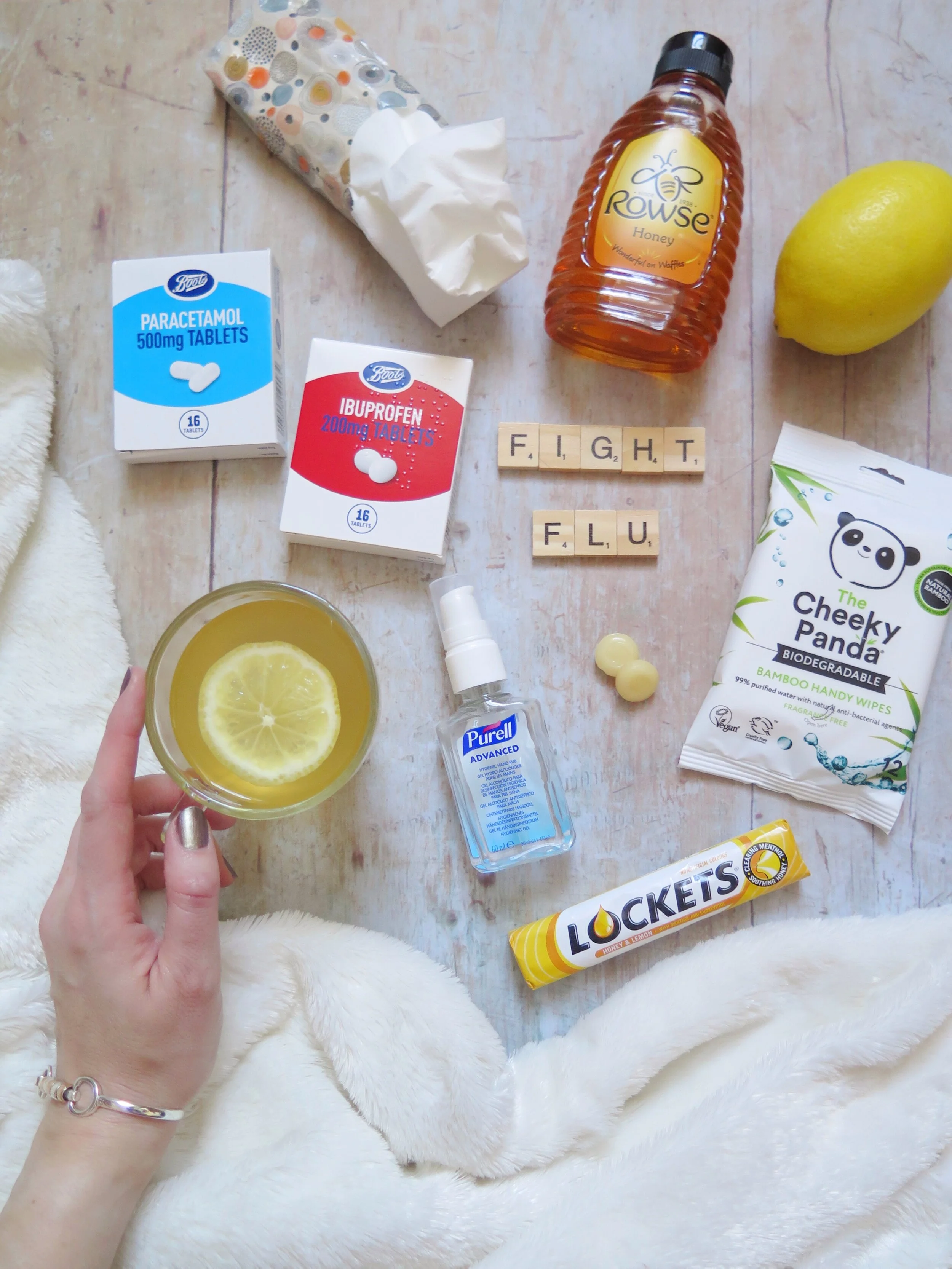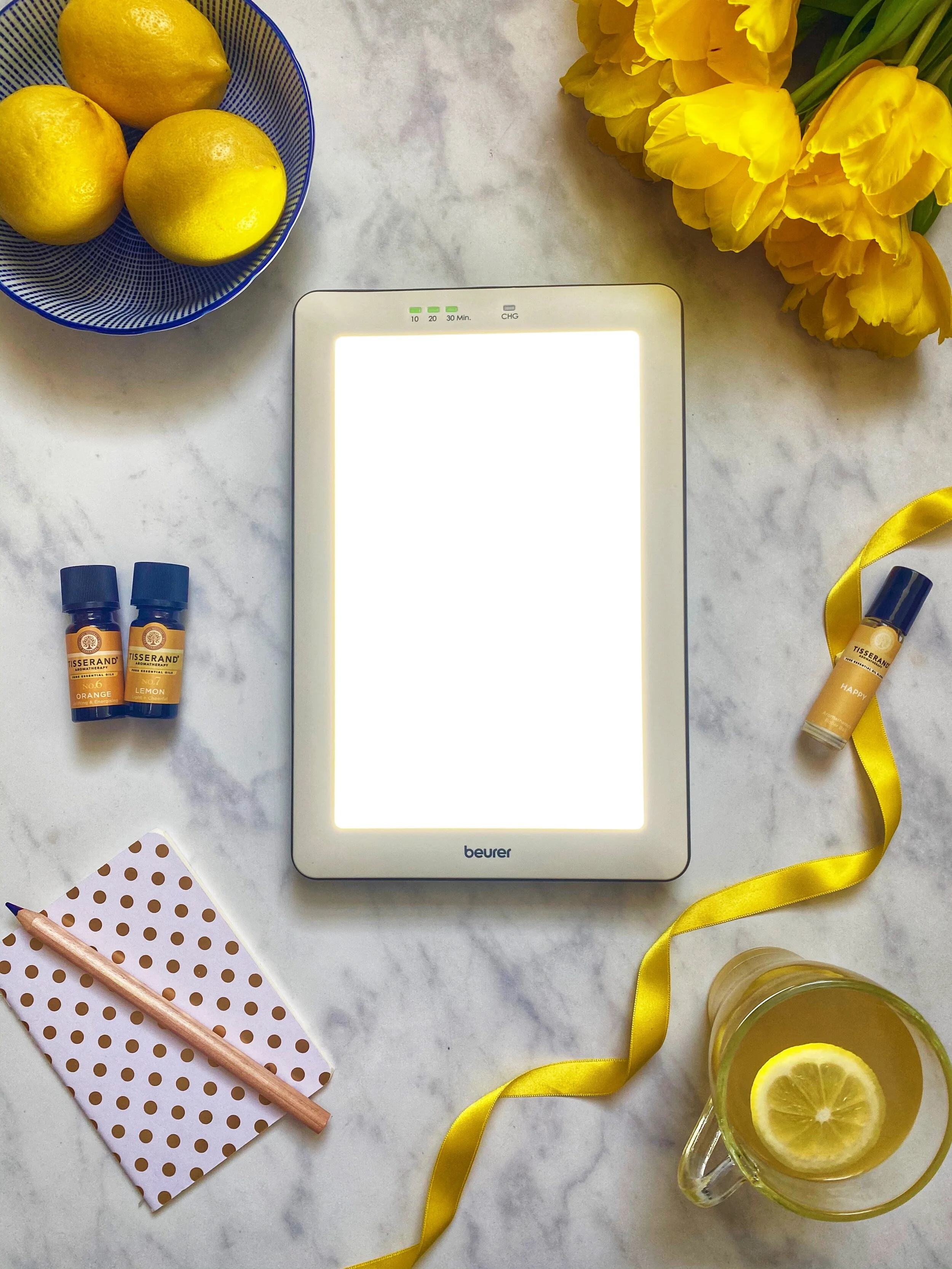Coronavirus and Flu
There is a lot of worry about the current Coronavirus outbreak so I wanted to write a blog post with some helpful tips about how to stay well and minimise the risk of catching the virus and what to do if you are affected. It’s quite a long post but I know a lot of people are worried so I wanted to address some of the concerns.
Coronaviruses are a kind of flu virus. The Coronavirus we are talking about has been named COVID-19 and the problem with COVID-19 is that it is a new type of Coronavirus, never before seen, and so we cannot accurately predict how it will behave and how it will spread around the world. As it is a new kind of Coronavirus, the current flu jab will have been ineffective to prevent it.
At the moment there is still a lot of uncertainty about the Coronavirus itself and how it will continue to affect the UK and the world at large, so much of the advice given here is applicable for all kinds of flu like illness, not specifically Coronavirus. The Government Public Health website is currently updated daily for up to date information.
Limiting Spread
First things first, if you are unlucky enough to catch flu, or any kind of viral illness for that matter, it is important to do your bit and try to minimise the exposure to others. We are all responsible to try to limit the amount of people we pass our viruses onto, and this is especially true during flu season and when we are possibly approaching a pandemic.
Hygiene Measures
Viruses such as Coronavirus are spread by breathing in airborne droplets but also by our hands touching surfaces, or other people’s hands, which have been covered with infected droplets, and then by us touching our face. It is therefore important to avoid touching your face and regularly wash your hands properly. There is a really helpful NHS video on how to properly wash your hands which in fact takes much longer than we would expect - apparently you should be able to sing Happy Birthday (probably in your head!) twice before you finish washing your hands!
When washing your hands is not possible, for example when out and about, using hand sanitiser is a suitable alternative which can be easily bought from pharmacies and most supermarkets. Properly washing your hands and using hand sanitiser is applicable both for patients infected with Coronavirus or other flu and non-infected people hoping to minimise their risk of catching it.
Regularly wiping down surfaces with an antibacterial spray or wipe is important in the home of anyone who is affected by a flu like illness.
You may choose during this outbreak to avoid unnecessary physical contact by refraining from shaking hands or greeting people with a kiss. I’m not saying stop hugging your friends and family (unless perhaps they are actively infected) but shaking hands in meetings for example probably could be avoided and I’m sure people will understand with the current situation.
I would suggest not visiting or socialising with people who are infected with Coronavirus or a flu like illness, unless it is necessary for you to do so as a care-giver.
Coughing
When you are ill with a viral illness or flu, most people cannot help coughing. However we can make sure we try to stop our infected cough droplets reaching others by either coughing into a tissue and then immediately throwing the tissue away and washing our hands, or coughing into the crook of our elbow or our sleeve. Ideally we shouldn’t cough into our hands because the cough droplets will stay on our hands and when we then touch any surfaces the infected droplets will get spread around to other people. If you do cough into your hand, wash your hands immediately or use an antibacterial wipe and hand sanitiser. I know this may all seem very obvious but I am exposed to patients most working weeks who sit opposite me and cough without making any attempt to cover their mouth at all, we need to change this because catching and disposing of the cough droplets makes all the difference in limit the spread of a flu like illness.
Although there are lots of people wearing masks out and about they are probably not much use for unaffected people to wear to try to limit their exposure, as the standard masks probably only give somewhere in the region of 10 minutes of protection and really need to be combined with full personal protective equipment (aprons, gloves, full body cover protection) which is not practical for day to day wear and just reserved for clinicians looking after affected patients. However masks might be of some use for infected people to wear to try to limit the spread of infected droplets.
Self Isolation
Guidance with Coronavirus is likely to change however at the moment if someone has come back from a high risk area, or been exposed to someone diagnosed with Coronavirus, they are asked to self-isolate for 14 days, even if they don't have symptoms. This is because the virus can be spread during the incubation period, whilst people are not actively showing any symptoms. By self-isolating hopefully the number of people who could potentially be infected with the virus will then be limited. Self-isolation means staying indoors and avoiding contact with all other people. Practically this means you will not be able to go out and get shopping, so will need to do online food orders or ask friends and family to drop food off, but this must be left outside the front door and not given to you directly. Bearing in mind we do not know how the Coronavirus will spread over the coming weeks and months, it may be worthwhile making sure that you have a supply of non-perishable items such as tins and freezer food so that if you have to self isolate you will at least have some supplies. It is also a good idea to get some basic useful medicines for flu, more on that later.
It is worth noting if you are not actively unwell with the flu, you will not be entitled to a sick note from your GP, as sick notes are legal documents which are done to say you are too unwell to do any sort of work. Employers should be aware of the current Public Health self isolation policy and should not be asking people to get sick notes from their doctor. The ACAS website has a very helpful page on your pay entitlements if you are self-isolating.
What to do if you think you are infected?
Symptoms
The symptoms of Coronavirus are very similar to other forms of flu. Namely:
A dry cough
Fever
Muscle aches
Extreme tiredness
Shortness of breath
For the vast majority of people Coronavirus is a mild self-limiting illness which will get better on its own with time. Some people however are affected more severely and require hospital admission. These tend to be older patients and people with other chronic medical conditions.
Getting Medical Help
It is absolutely vital that if you think you might be infected with Coronavirus you do not walk into your GP surgery or A&E, unless you are life-threateningly unwell, because this could cause the spread of the virus to a large number of people. Also at present if a patient presents at a GP surgery with possible Coronavirus, the whole surgery has to close and be deep-cleaned which will then affect the medical care of other people in your area. If you feel you might be affected call 111 for further advice. The phone lines are likely to be very busy but it is really important that you stay on hold for further advice, which may involve being told to self isolate or arranging to be tested for Coronavirus.
If you are unsure about whether to call 111, there is also a helpful online 111 Coronavirus service which involves answering several questions to determine if you are at risk and it will then tell you whether to call 111 or not.
If you are very unwell and/or having acute severe difficulty breathing then call 999, as you would for any other severe medical life-threatening condition. If possible mention to the call handler that you are concerned you may have been infected with Coronavirus.
Self-Management at Home
If your illness is not severe, which will be the case for the vast majority of people with a flu like illness, it can be managed at home. Rest, plenty of fluids and simple painkillers such as paracetamol can manage muscle pains and bring down a fever. If you have a lot of nasal and sinus congestion (which is usually more common with the cold virus) then an over the counter decongestant can be of help.
Over the counter cough linctuses can be of some help for coughs, although plenty of fluids and/or honey and lemon are often just as effective.
Antibiotics do not help for any kind of flu like illness, because these illnesses are caused by viruses and antibiotics only work against bacteria.
The NHS website has some helpful advice about flu also.
If you feel you need some more advice about your illness then call 111 or your GP but unless you are seriously unwell do not just turn up unannounced at your general practice or A&E because this runs the risk of spreading the virus.
—————————
I really hope this post has helped to answer some of your questions and given you some ideas on what you can do to try to limit your exposure to the virus and indeed limit the transmission if you are unlucky enough to be infected.



